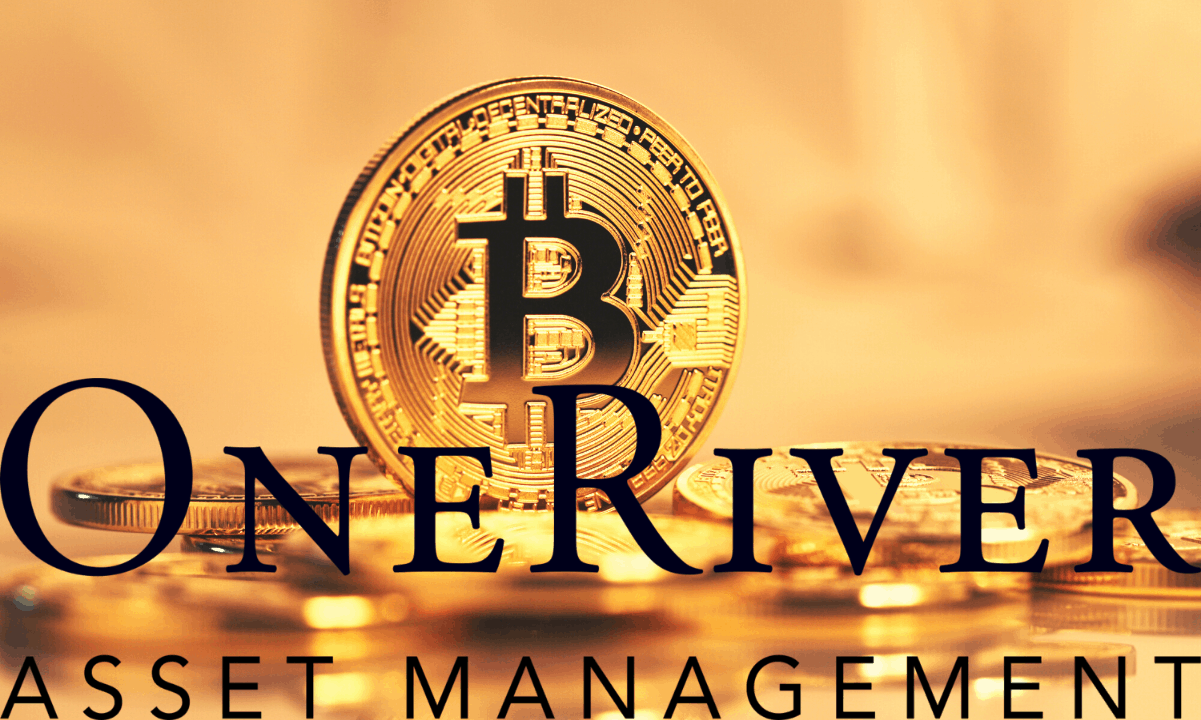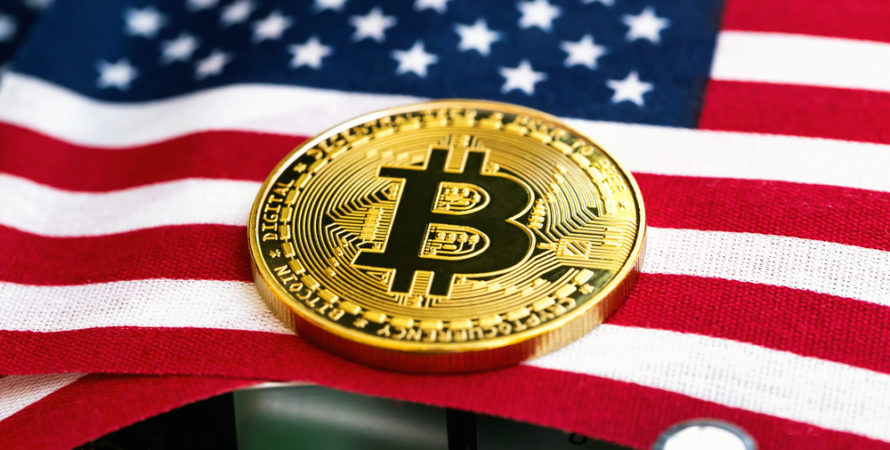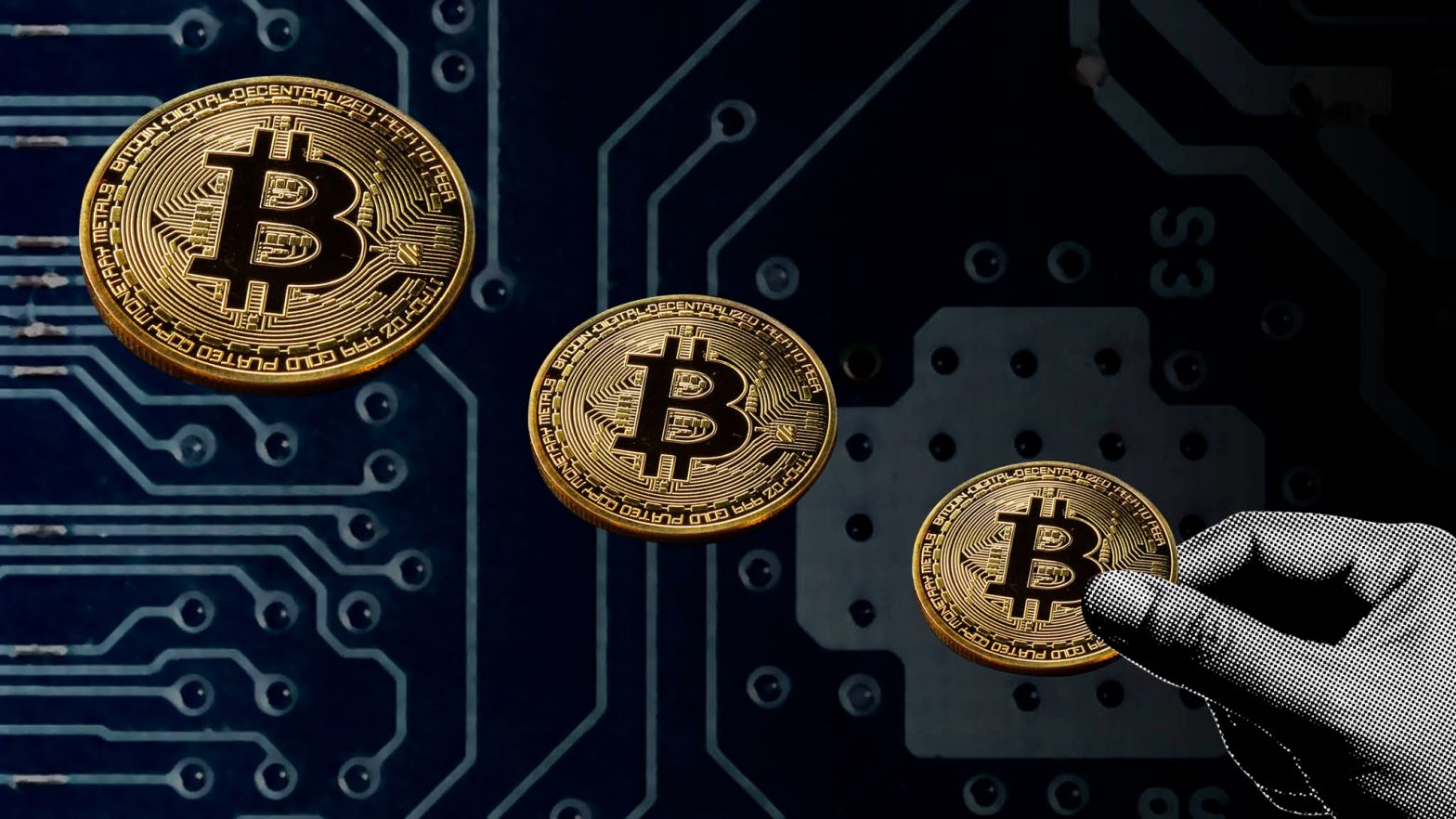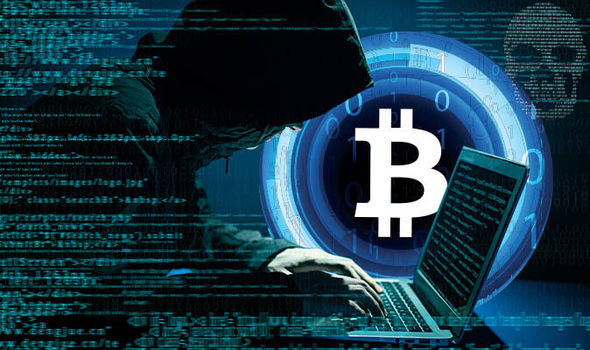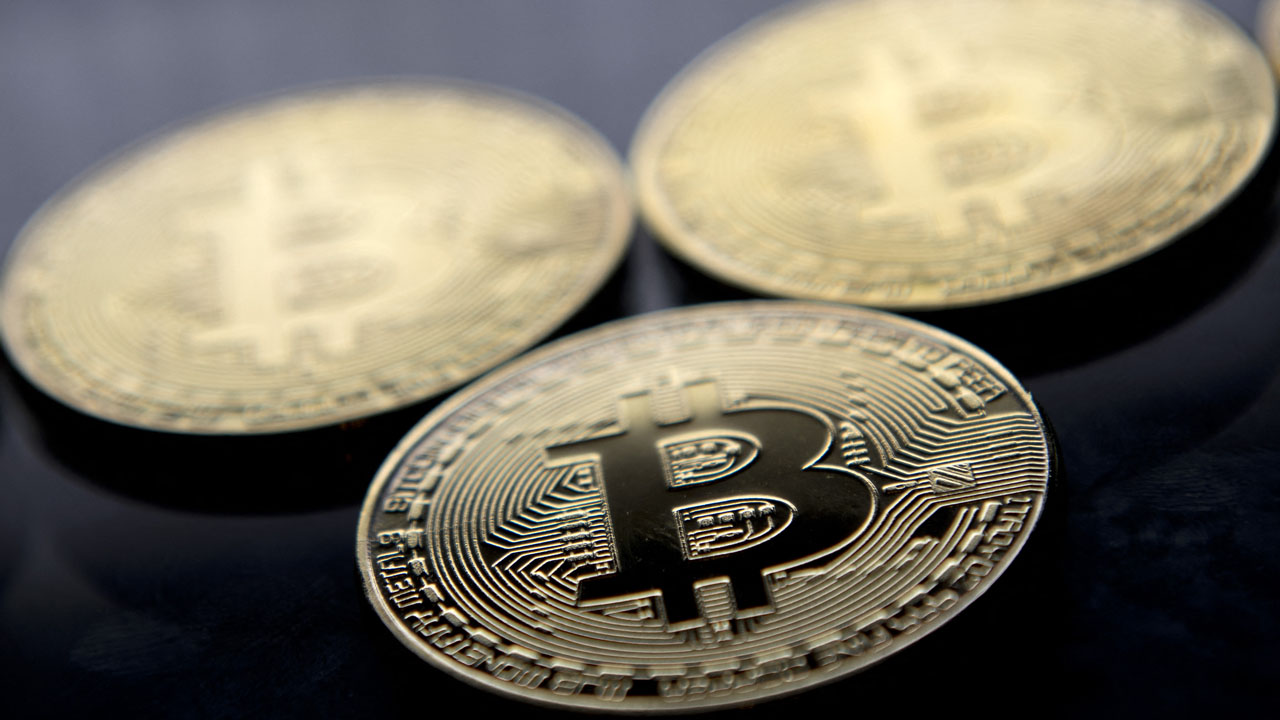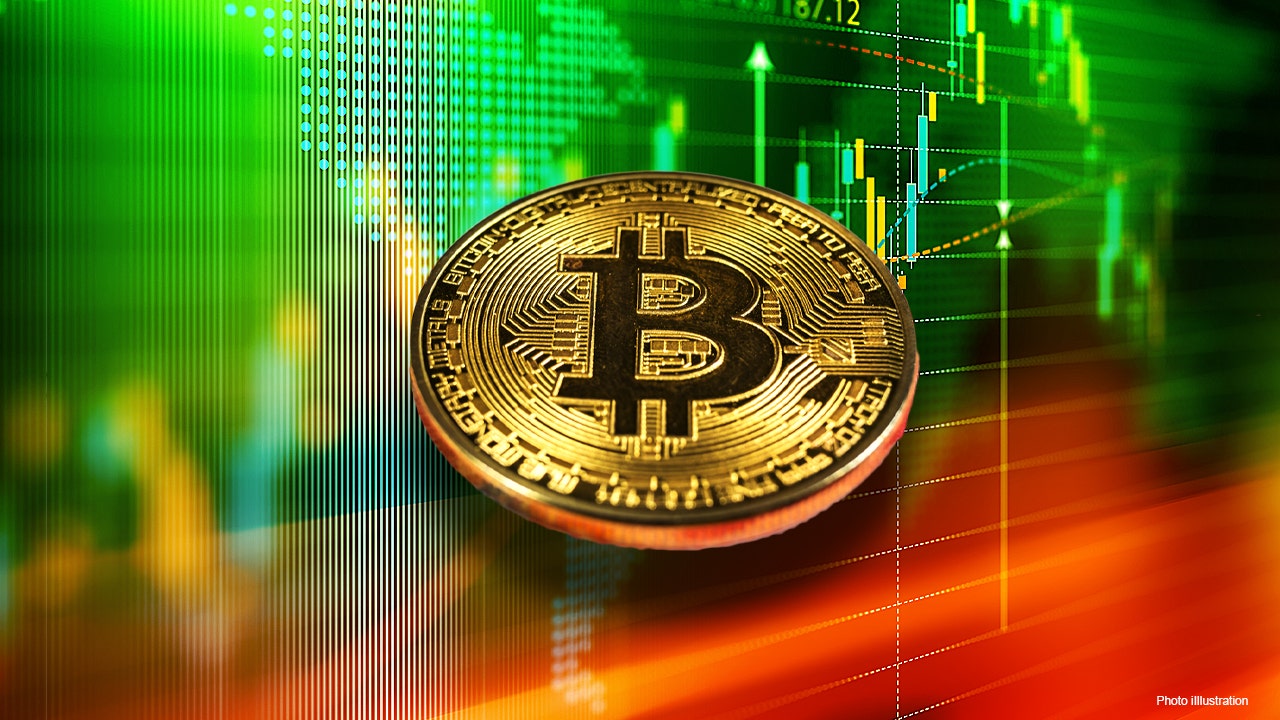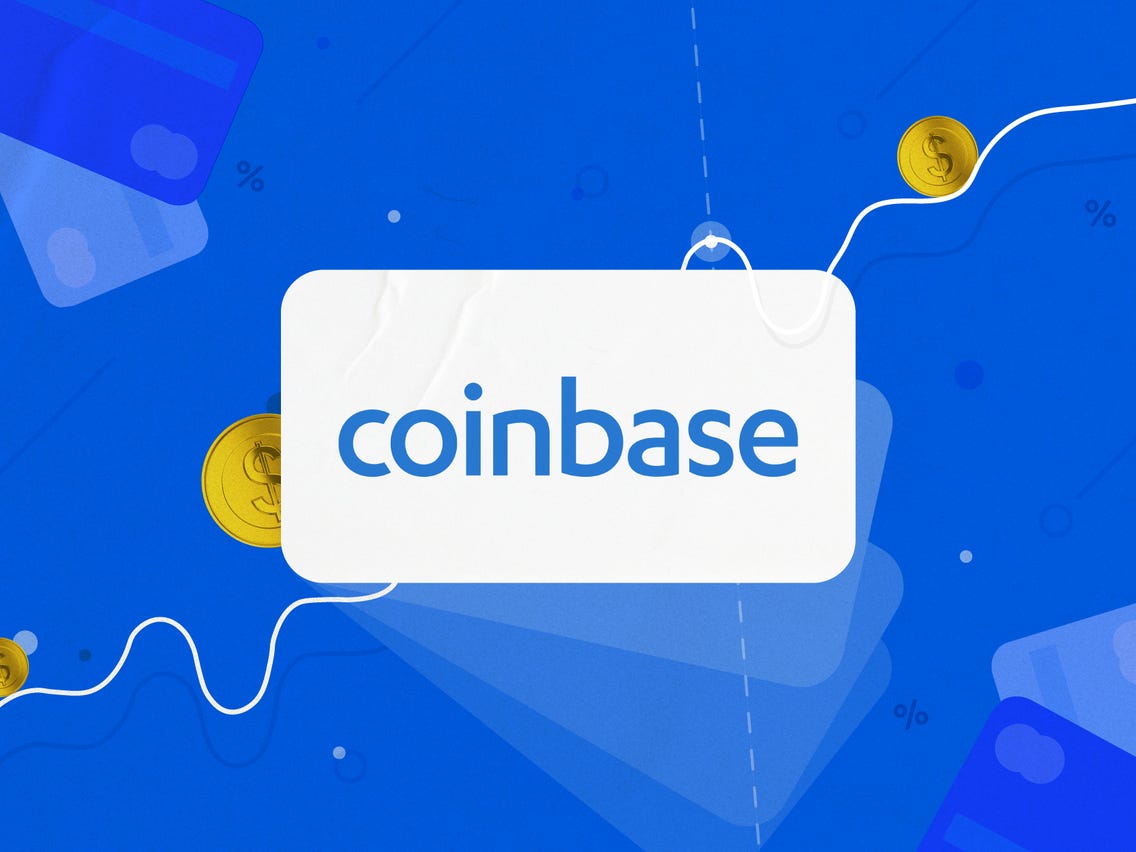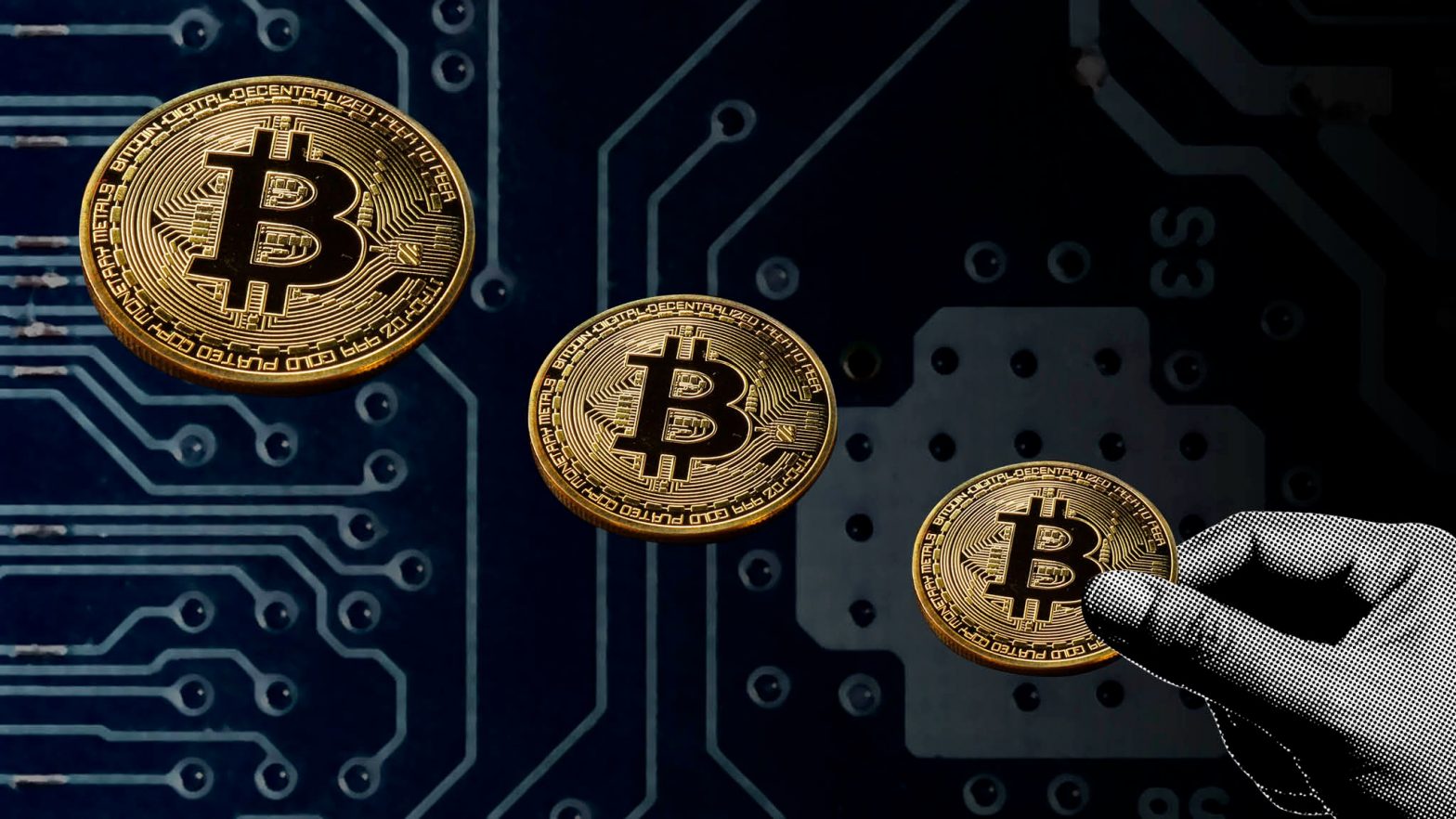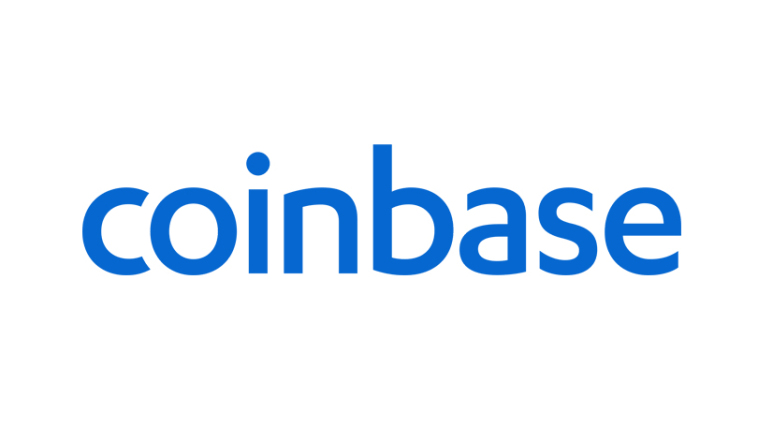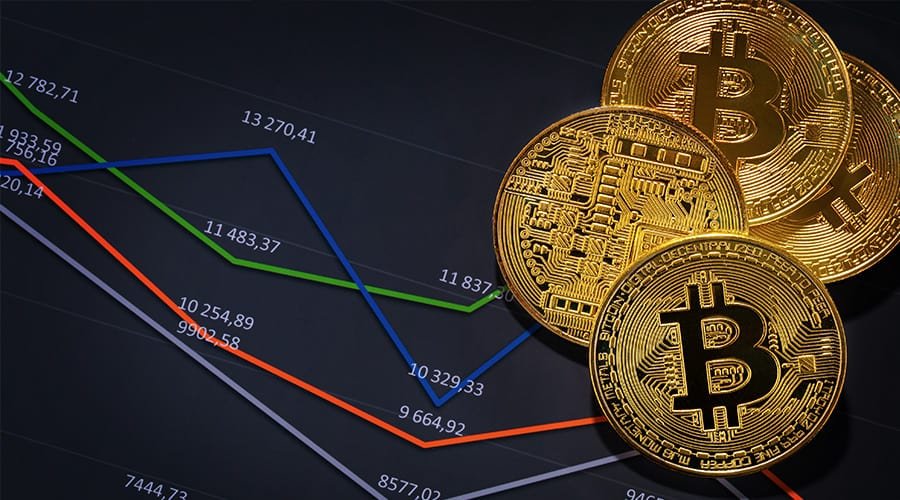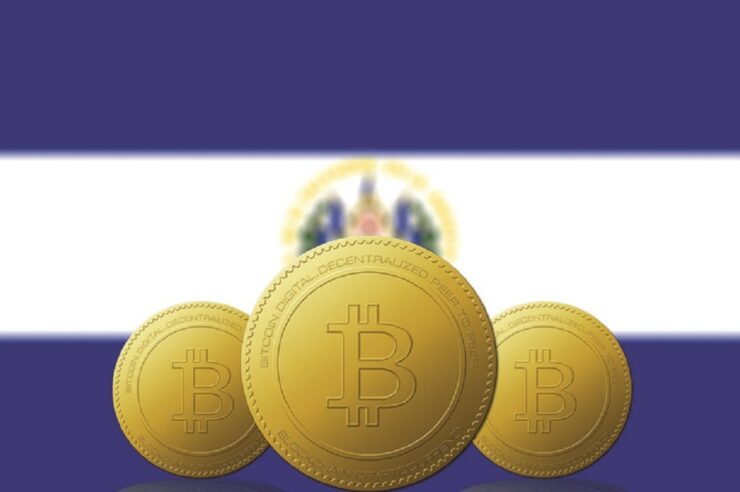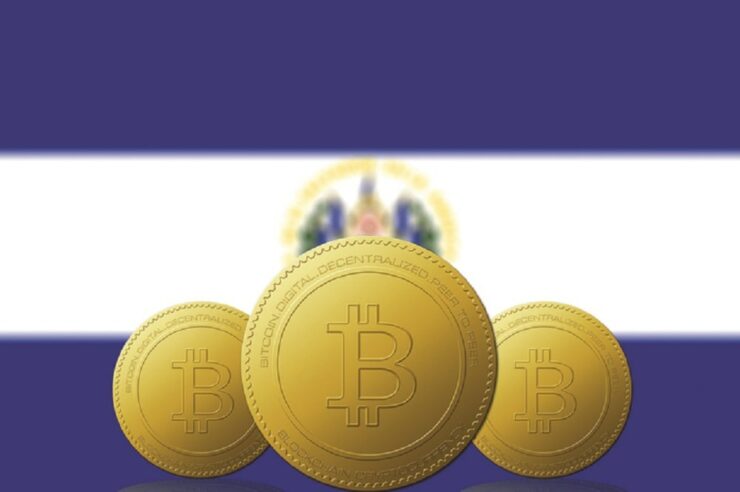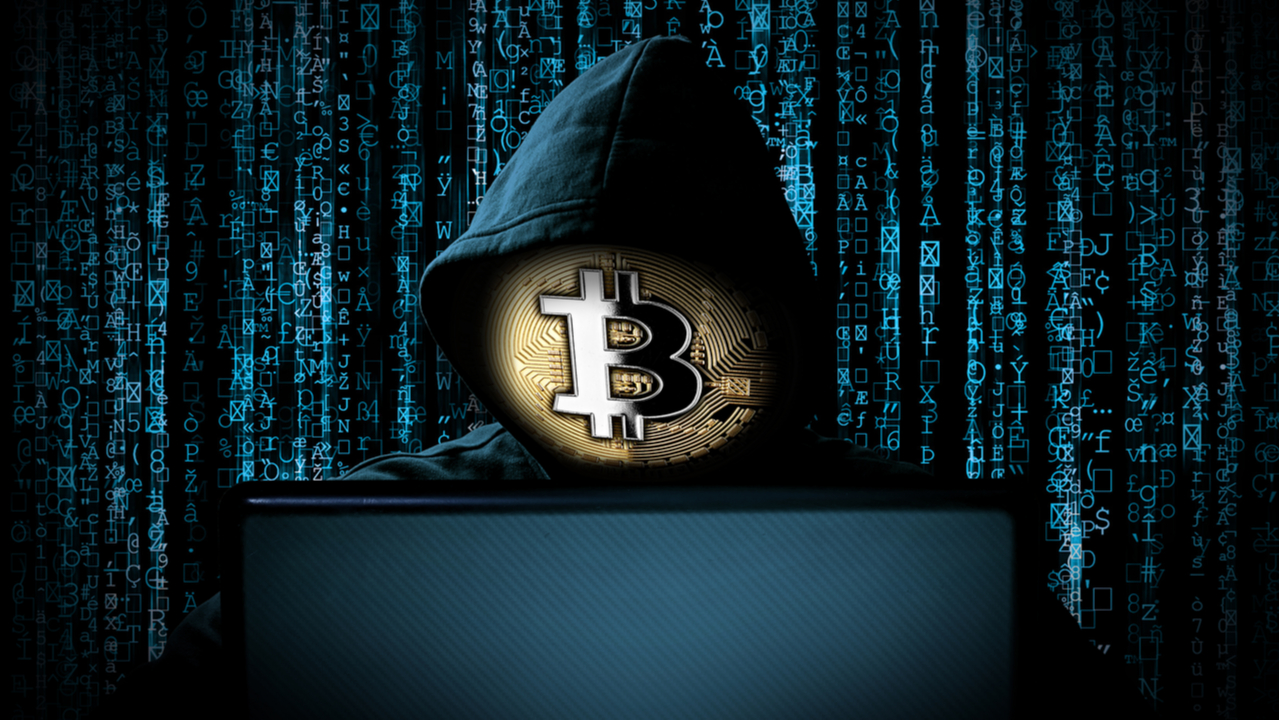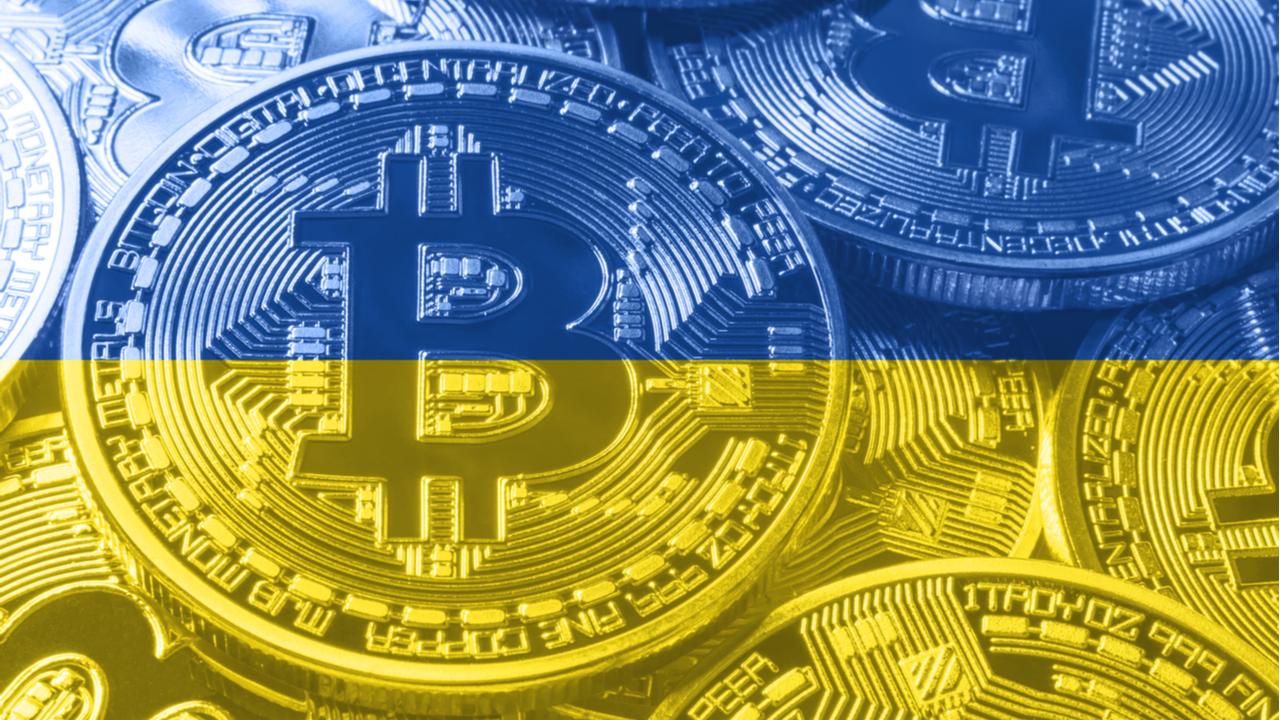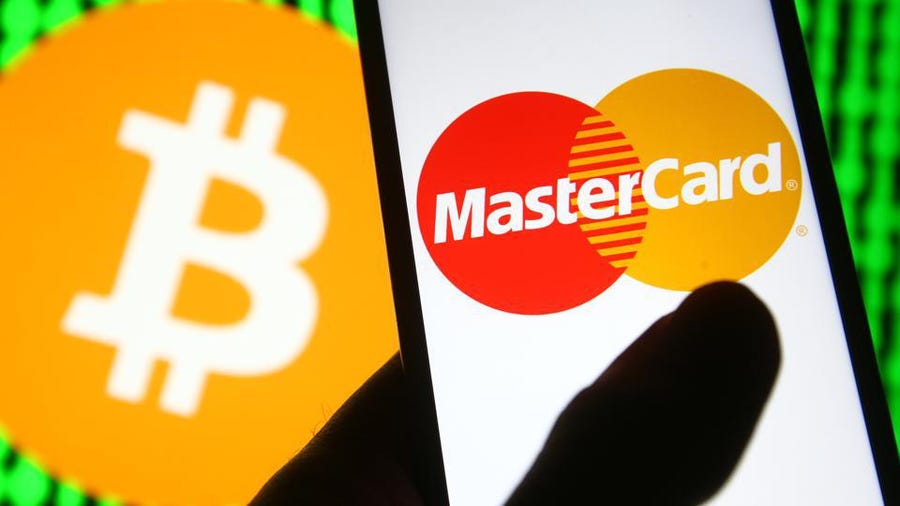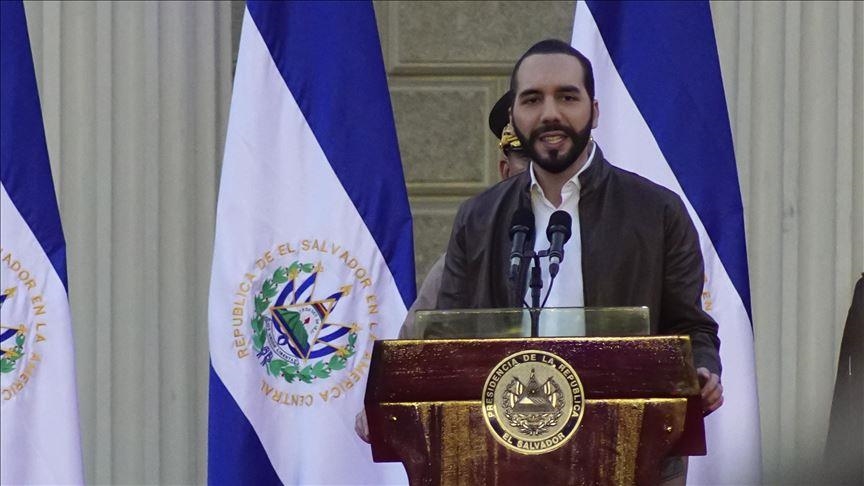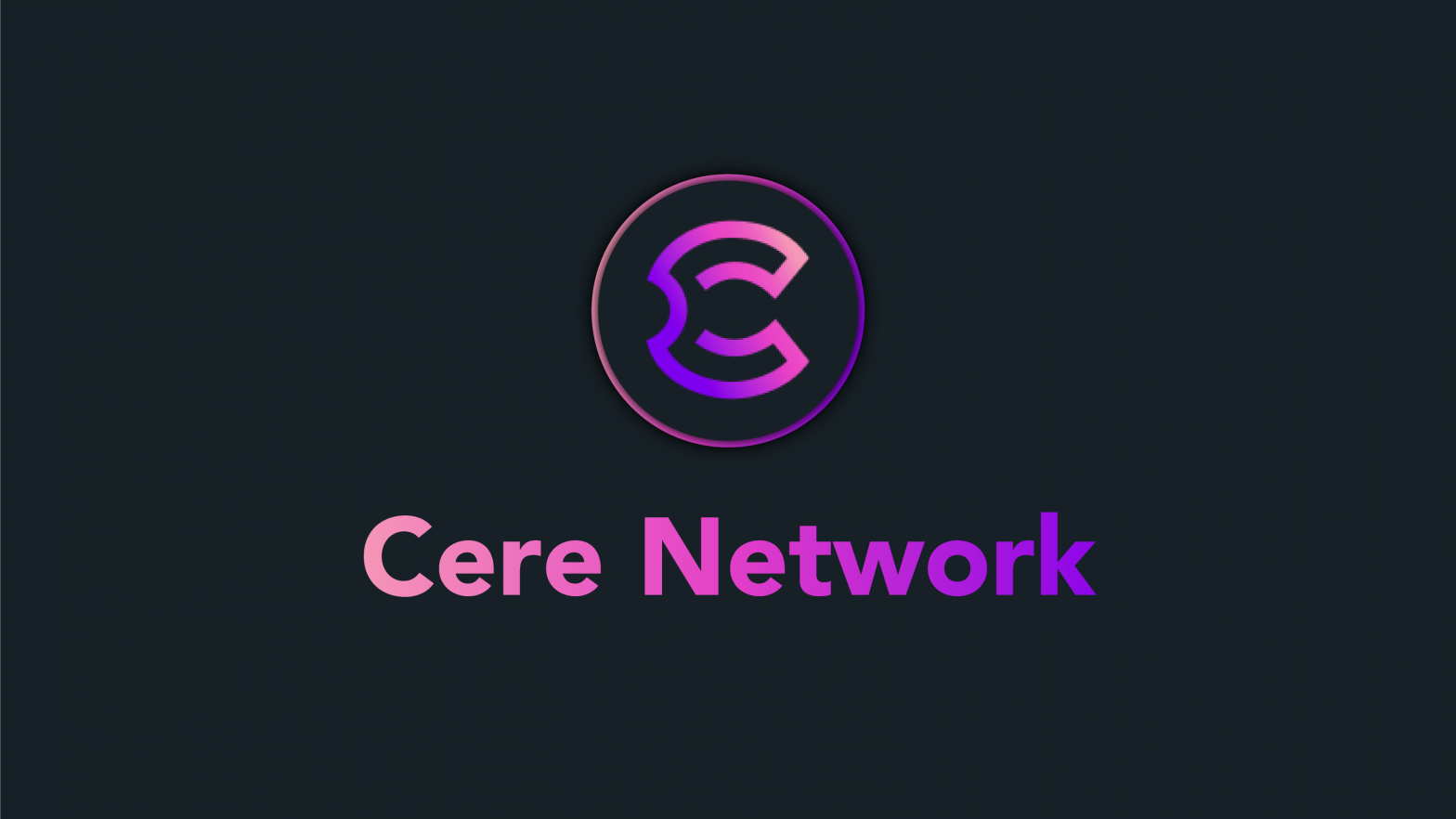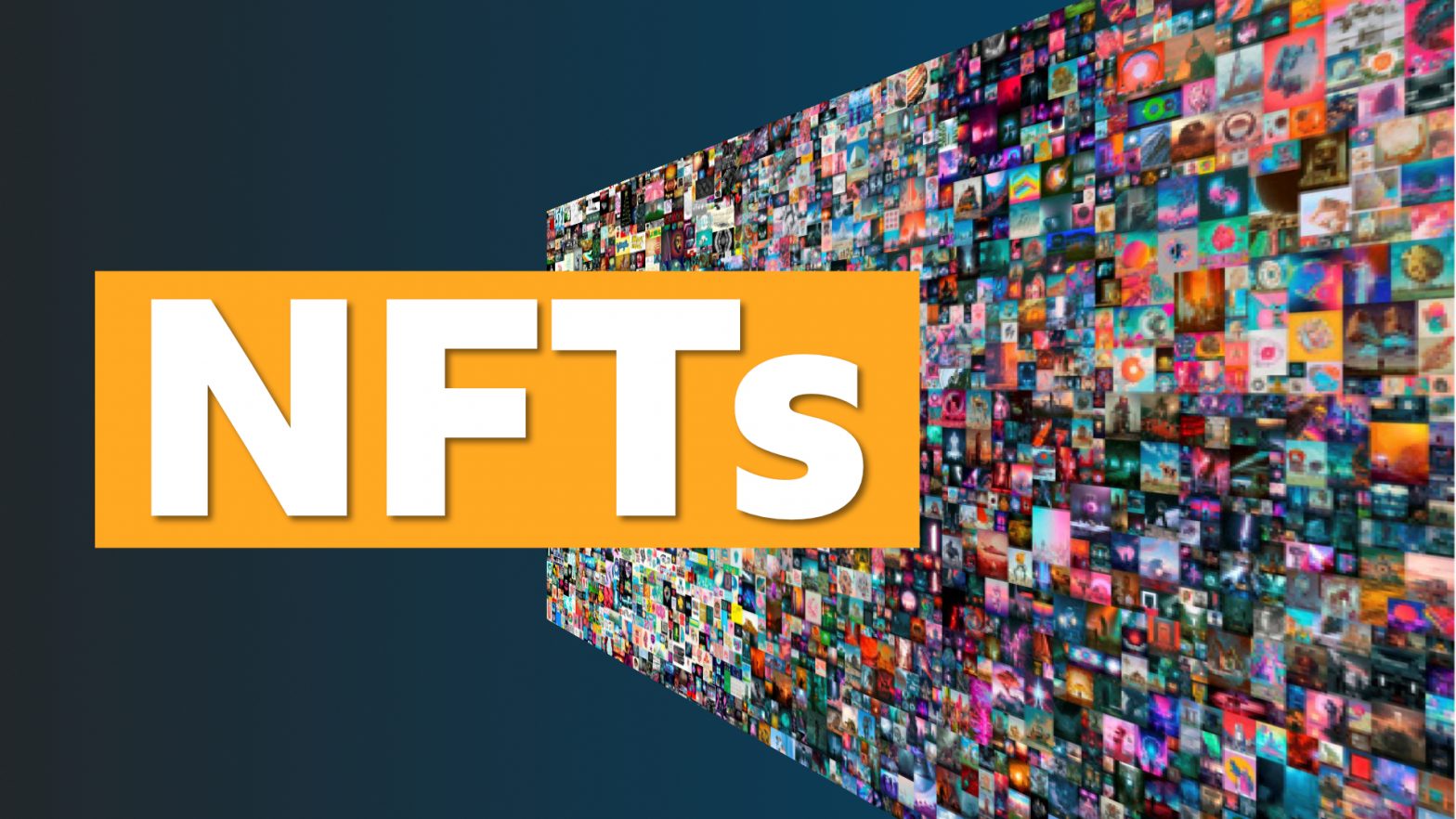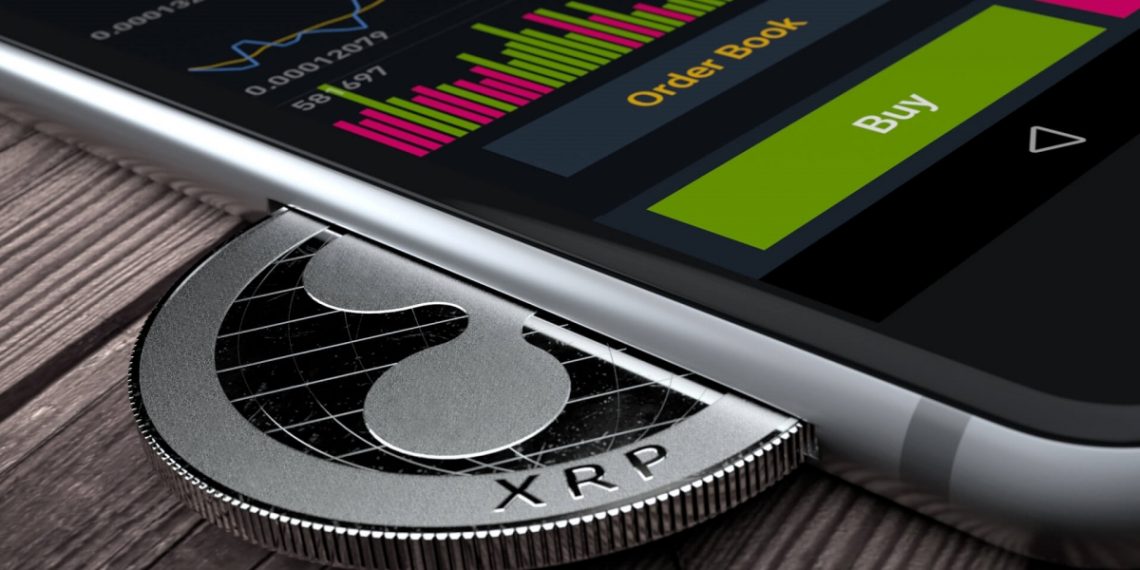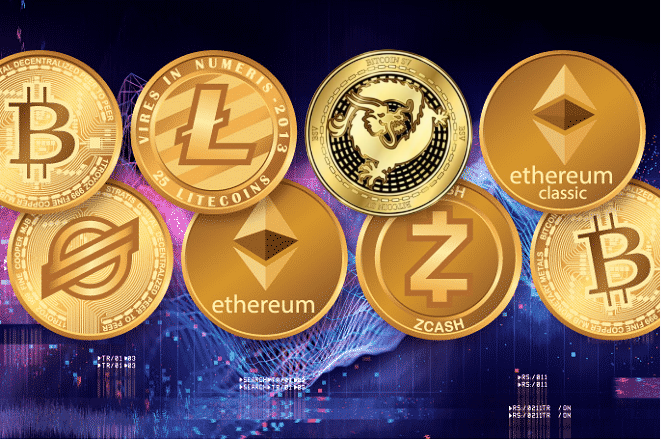If you have invested in cryptocurrency and are looking for ways to grow your investments passively, then you need to consider crypto lending platforms like Hodlnaut.
Crypto lending platforms allow individuals to earn interest on their crypto assets without having to actively manage the account. This way, you can start earning almost immediately and get consistent payouts without waiting for the price of Bitcoin or any other cryptocurrency to appreciate.
While there are many platforms that offer this service, Hodlnaut is definitely worth keeping tabs on.
What is Hodlnaut?
Founded in 2019 by self-proclaimed Bitcoin maximalists Juntao Zhu and Simon Lee, Hodlnaut is a Singapore-based crypto lending platform that allows users to earn interest on their crypto assets. The company aims to help hodlers maximize their crypto earnings by offering favorable interest rates.
Hodlnaut is also recognized by the Infocomm Media Development Authority (IMDA) of Singapore and is part of global venture capital firm Antler’s portfolio. The platform is also known to be certified by the Singapore Fintech Association, which is an accreditation recognized by the Monetary Authority of Singapore (MAS). Plus, it is even actively undergoing licensing applications with MAS to become the first regulated crypto lending firm in Singapore.
Why Should You Start Earning Interest on Your Crypto with Hodlnaut?
While there are a slew of crypto lending platforms that allow you to earn interest on your crypto assets, Hodlnaut is definitely one to note. Here’s why.
High-Interest Rates
The main feature of the platform is the Hodlnaut Interest Account. Users can earn up to 7.46% APY on Bitcoin and 12.73% on stablecoins with no minimum deposit requirement or lock-in periods.
Users would be able to earn interest on six supported currencies: Bitcoin (BTC), Ethereum (ETH), USD Coin (USDC), Tether (USDT), Dai (DAI), and Wrapped Bitcoin (WBTC). Once deposited into the Interest Account, users will start earning interest immediately at a compounded rate, which is calculated daily and paid out weekly.
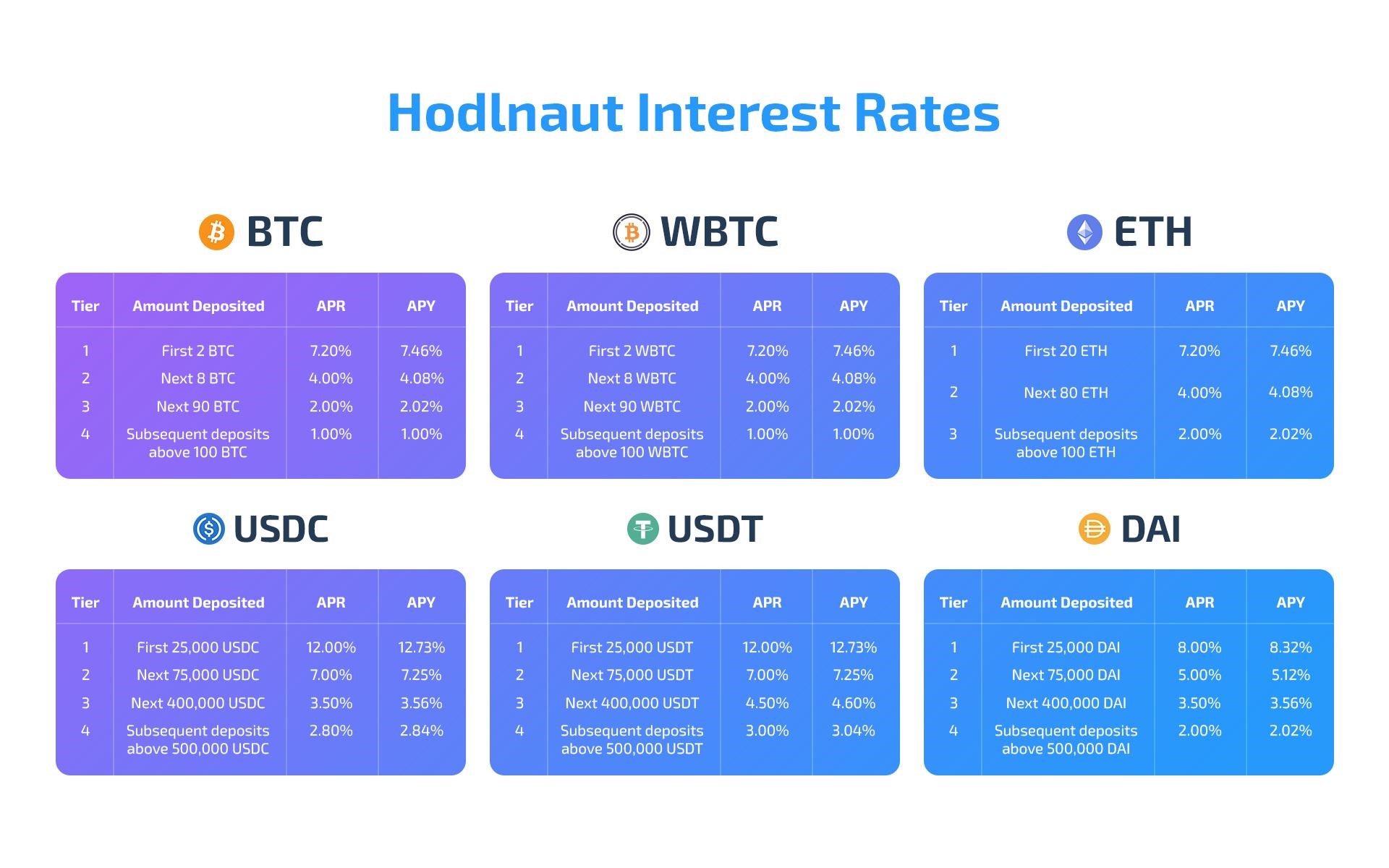
You can check their interest rates here.
If you are keen on earning more on top of the offered interest rates, Hodlnaut provides higher interest rates to users who deposit more than 100 BTC. This is known as the VIP Fixed-Term Loan. Should you be interested, you can drop an email to rm@hodlnaut.com.
Preferred Interest Payout Feature
In addition to earning high interest rates on your crypto assets, Hodlnaut has introduced several features that make hodling on the platform a convenient and seamless method of earning passively.
For one, the platform has a Preferred Interest Payout feature that enables users to pick amongst the six supported currencies to earn interest in. This would mean that if a user deposited BTC, he can choose to earn in ETH or stablecoins like USDC and USDT.
Not only does this allow for greater flexibility and control for users to manage their portfolios, but it is also a method to hedge against market downturns by earning in stablecoins.
Token Swap
Hodlnaut also has a Token Swap function that allows users to seamlessly swap between different asset classes. This would mean that users do not need to leave Hodlnaut’s platform if they are looking to rebalance their holdings, allowing them to save on double fees associated with conducting trade in numerous steps.
Moreover, since Hodlnaut supports Wrapped Bitcoin (WBTC), users can get instant access to WBTC without having to source for a wrapping merchant. This enables ease of swapping from Bitcoin to Wrapped Bitcoin and vice-versa.
iOS Mobile App
To make earning passively more convenient for users who are constantly strapped for time, Hodlnaut recently launched its much anticipated iOS Mobile App. The mobile app allows users to deposit and withdraw cryptocurrencies and manage their crypto holdings from the convenience of their iPhones. Additionally, users can access the Token Swap feature on the iOS Mobile App to make the swapping of tokens easier and more convenient.
Bonus: The company is already working towards the launch of the Android App.
Are Your Funds Safe with Hodlnaut?
To put it simply, yes your funds are safe with Hodlnaut. The platform has implemented several measures to ensure funds are secured.
Hodlnaut requires all users to perform a mandatory Know-Your-Customer (KYC) verification process to follow the regulations enacted by the Monetary Authority of Singapore (MAS). This is to ensure that the identity of all users who sign up is verified and real.
As for the platform’s security, Hodlnaut runs on Amazon Web Services (AWS) cloud infrastructure and uses industry-grade SSL encryption. Data is encrypted and anonymized as much as possible onto servers. Users are also required to enable two-factor authentication (2FA) for account transactions and withdrawals can only be made to whitelisted addresses.
And that’s not all – Hodlnaut also offers an optional Nexus Mutual Custody Cover to give users the choice of purchasing insurance on their funds. This acts as an additional safeguard for those looking for a more secure option.
Final Thoughts
Hodlnaut is a crypto lending platform that offers solutions to investors who are looking to grow their crypto investments passively while hedging against any market decline. Not only does Hodlnaut offer attractive high-interest rates, but also the web interface and an easy-to-use iOS Mobile App making it even more effortless for you to check on your funds.

